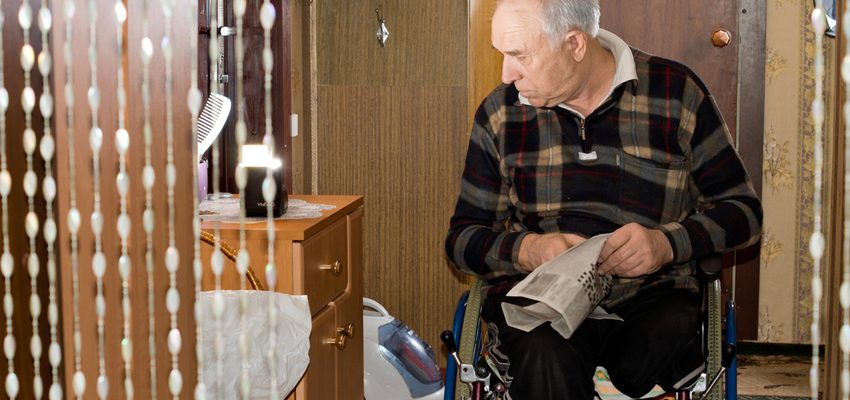Blog

How Amputation Rehab in a Skilled Nursing Home Can Boost Recovery
August 6, 2020 0 Comment Category: Foothill HeightsAmputation is a term that refers to the surgical removal of a limb when it is the only available treatment option that’s appropriate. There can be many reasons for amputations. For instance, a peripheral arterial disease generally leads to poor blood circulation to a limb due to narrowed or damaged arteries and may require a patient to undergo a leg amputation. As the limb does not receive enough oxygen, the affected tissue starts dying over time and can lead to potentially fatal infections. Arm amputations are not that common as leg amputations but can happen because of an occupational injury or as a means to stop the spread of cancer.
Amputation Recovery and the Role of Skilled Nursing Homes
Amputation recovery can be a prolonged process, and it starts right when the medical team discusses the limb removal options with the patient. The patient is offered all the guidance required to know about the surgery and its expected outcomes. After the surgery, the patient is given pain relief medications, and emotional support as the wound is treated and heals.
Skilled nursing homes offer amputation rehabilitation programs to help patients recover from the surgery physically and emotionally. The staff at the skilled nursing facility focuses on improving the patient to recuperate proper muscle strength. At the same time, they make sure that the patient regains full control over their body as the amputated limb is prepared for prosthetic use. Sometimes, the patient is moved to a skilled nursing home after an appropriate prosthetic is fitted, while the staff at the rehabilitative care provides training on how to use it.
Although amputation rehab is a form of orthopedic rehab treatment, it is also coupled with occupational therapy and physiotherapy to reduce the impact of the limb’s loss on the person’s independence and mobility. The skilled nursing care staff will also help the patient integrate into community activities and find emotional balance. Most skilled nursing homes have a set of recreational activities that train the body and mind of their residents and lead them to quicker recovery post-hospitalization.
Amputation rehab in skilled nursing care facilities may include specialized wound care, pain management, vocational counseling, family education, and more. Skilled nursing home staff will also make sure that ongoing medical assessments and support is provided to the patient for adequate use of the prosthetic and other assistive devices. In some cases, long-term emotional support is also offered to help the patient adjust to the new lifestyle. Job modification services may also be included in the rehabilitative program.

leave A comment